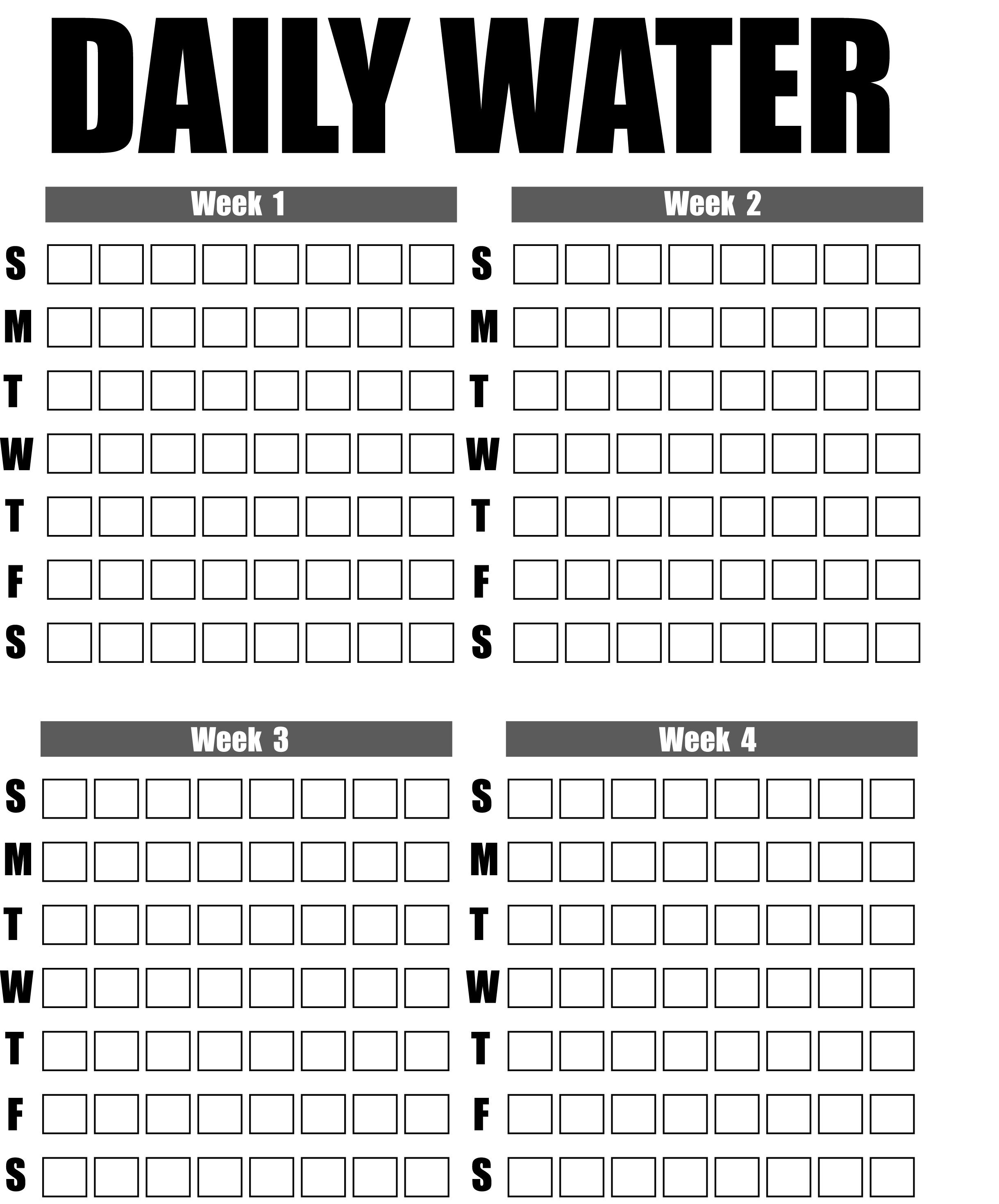
It's a good idea to drink a glass of water: To prevent dehydration and make sure your body has the fluids it needs, make water your beverage of choice. Your doctor or dietitian can help you determine the amount of water that's right for you every day.


If you are pregnant or breast-feeding, you may need additional fluids to stay hydrated. Other conditions that might require increased fluid intake include bladder infections and urinary tract stones. Drink more water or follow a doctor's recommendation to drink oral rehydration solutions. Your body loses fluids when you have a fever, vomiting or diarrhea. Dehydration also can occur at high altitudes. Hot or humid weather can make you sweat and requires additional fluid. It's important to drink water before, during and after a workout. If you do any activity that makes you sweat, you need to drink extra water to cover the fluid loss. You might need to modify your total fluid intake based on several factors: For some people, fewer than eight glasses a day might be enough. Most healthy people can stay hydrated by drinking water and other fluids whenever they feel thirsty. That's easy to remember, and it's a reasonable goal. You've probably heard the advice to drink eight glasses of water a day. What about the advice to drink 8 glasses a day? About 20% of daily fluid intake usually comes from food and the rest from drinks. These recommendations cover fluids from water, other beverages and food.

But your individual water needs depend on many factors, including your health, how active you are and where you live. Studies have produced varying recommendations over the years. How much water should you drink each day? It's a simple question with no easy answer. Are you getting enough? These guidelines can help you find out. And if pregnant or breastfeeding, the recommendations go even higher, to 12.6 cups and 16 cups, respectively.Water: How much should you drink every day? Women ages 19 and up should take in 2.7 liters of total water every day, which is about 11.4 cups a day. The Institute of Medicine, an independent and non-profit scientific organization, says that men aged 19 and over should generally take in at least 3.7 liters of total water every day ― about 15.6 cups a day.

And people who are sick need to drink even more water to make up for the loss of fluids from diarrhea and vomiting. For a long time, experts have generally said that everyone should drink at least eight cups of water a day, but it turns out that our needs vary depending on who we are, how much activity we do, what climate we live in and how much hydration we get from other sources, like non-water beverages and water-rich foods like fruits and vegetables. In general, the CDC says that Americans have no reason to worry about dehydration if they’re doing three things: making water their main choice of drink, drinking water when thirsty and drinking water with meals.īut the first step to drinking more water is to figure out how much of it you need in the first place.


 0 kommentar(er)
0 kommentar(er)
